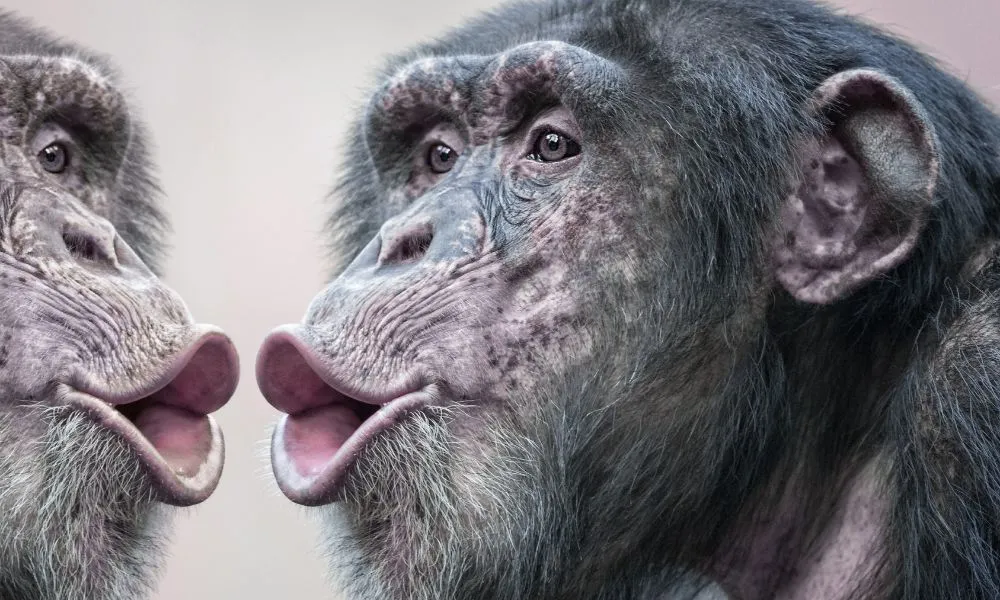The origins of kissing may lie far deeper in evolutionary history than once imagined. New research reported by Reuters suggests the gesture could stretch back more than 20 million years, adding a layer of mystery to a behaviour long associated with human romance and affection.
Kissing is not exclusive to humans
Researchers from Oxford University and the Florida Institute of Technology wanted to examine when kissing began, given that from an evolutionary standpoint it has no obvious survival benefit, and could spread disease.
The study, published in Evolution and Human Behavior, combined observations of primate behaviour with evolutionary modelling to explore when such gestures may have emerged.
Chimpanzees, bonobos, orangutans and gorillas also engage in forms of mouth-to-mouth contact, both in tender family interactions and in sexual behaviour. Its presence across these species hints at a much older instinct inherited from ancient primates rather than a cultural invention.
“Using these two key pieces of information, we employed a modelling approach that allowed us to simulate different evolutionary scenarios,” said lead author Dr. Matilda Brindle of Oxford's Department of Biology. Running the model millions of times narrowed that first smooch to within a five-million year gap.
While no precise moment can be identified, simulations indicate that kissing in its various forms likely appeared between 21.5 and 16.9 million years ago.
The many flavours of a kiss
The researchers used a broad definition of kissing, describing it as non-aggressive mouth-to-mouth contact without the transfer of food. This includes the sexual kiss, which may help assess a partner’s suitability or enhance arousal, and the affectionate kiss seen in many primate groups, used to maintain connections and navigate complex social dynamics.
The findings also add an intriguing dimension to human prehistory. Evidence that early humans and Neanderthals exchanged oral microbes suggests that intimate contact persisted long after their evolutionary paths diverged hundreds of thousands of years ago. Although its beginnings remain partly veiled, the study suggests that kissing is neither modern nor uniquely human. Instead, it may be an instinctive gesture carried through millions of years of evolution, shaped by attraction, bonding and the quiet rituals of primate life.
Source: Reuters
